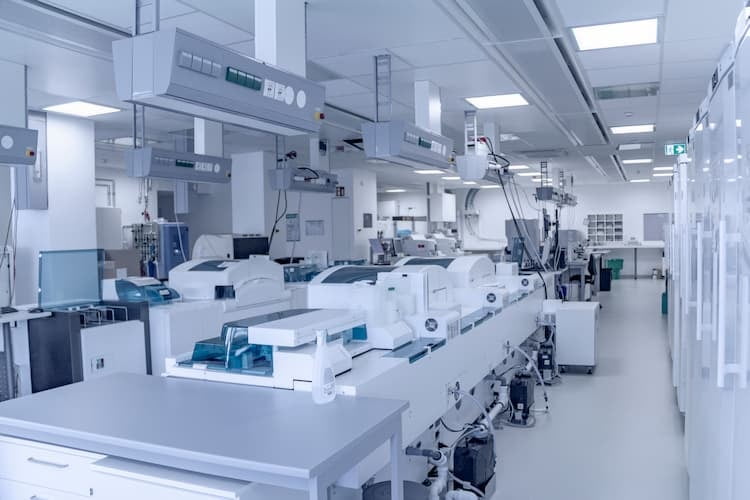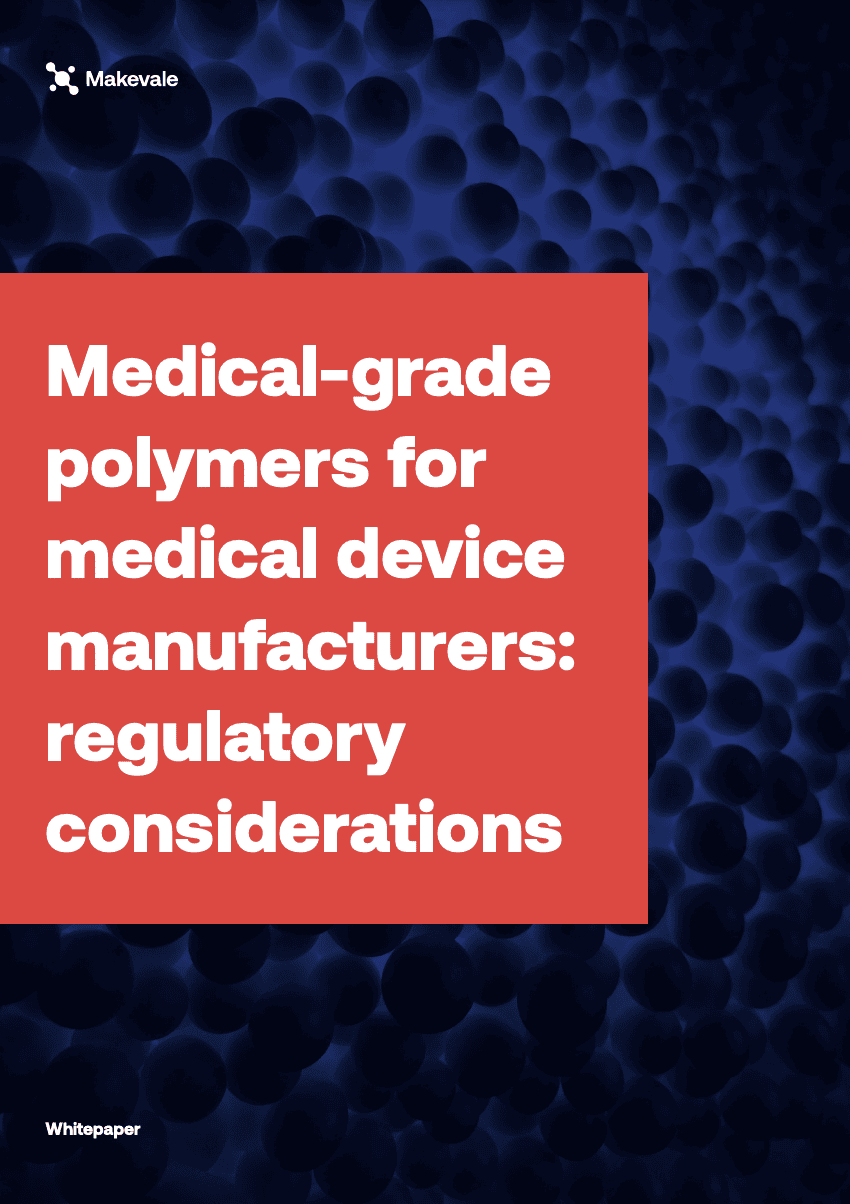
Dental prosthetics is a thriving industry, providing innovative solutions to a growing global population, thanks to a range of new materials and techniques. When a successful Australian dental prosthetics manufacturer approached us with a new product, it came with complex chemistry problems. In theory, the prosthesis should work but despite trying numerous dental acrylic powders from many suppliers, it was prone to porosity and discolouration. Through a consultative approach, Makevale not only solved the client’s problem but also decreased transport costs and increased quality standards.
To produce dental prostheses, methyl methacrylate (MMA) is mixed with a variety of additives and an inhibitor to form a stable liquid that can be transported or stored without polymerisation occurring. When this liquid is mixed with dental powders, the inhibitor is consumed and polymerisation takes place, forming a dough that can be moulded into an exact, personalised shape. Despite testing several dental powders, our client was having multiple problems with the resulting dough. The liquid and powder had the incorrect reaction profile causing porosity (air bubbles) and altering the handling characteristics. Further downstream processing resulted in discolouration of the final product.
The client felt that the only option would be to buy the dental liquid in bulk, adding at least 70-75% to their transportation costs and requiring increased volumes of flammable liquids to be flown in from Western suppliers. Learning of the client’s plans, our sales department asked whether Makevale chemists and the client’s Research & Development team could start a project to diagnose the issues before the client accepted these additional costs.
Replicating manufacturing conditions in the Makevale lab
Makevale chemists replicated the client’s exact process in the laboratory and found that the inhibitor was the issue. The client was using up to 1,000 times more inhibitor than was required and this was affecting the polymerisation process. This, in turn, influenced downstream processes, changing the working time window and affecting the consistency of the dough. This type of inhibitor was also leaving a residue that caused discolouration of the final product.
The correct process and balance of chemicals were established and tested in the Makevale laboratory, proving that high standards could be met. The next challenge was how to transfer the process to the client’s exact laboratory conditions. To decrease the costs of transportation, we agreed that the base MMA would be sourced locally. Our client provided details of the exact supplier and product manufacturing site and we were able to match the MMA chemistry with optimal inhibitor and additive formulas. These two components were mixed in exact proportions to deliver the polymerisation requirements, dough consistency and timeframes needed to produce the protheses.
Open and honest dialogue ensures standards are met
Due to the humid conditions at the manufacturing site (temperatures can reach more than 40°C) the client needed a wide mixing window to be considered along with higher than usual storage and mixing temperatures.
Conditions like this are not unusual in manufacturing sites and although dental liquid chemicals and powders come with advised temperature storage and handling temperatures, the actual conditions can be very different. However, when clients can share information about their working conditions and the characteristics that they are hoping to achieve with their product, chemicals and processes can be adjusted to fit the conditions on-site so that the required results are met.
By providing a concentrate, our client could easily add this to the local MMA, knowing that the concentrations were optimal and exact. By using the local MMA, the client didn’t need to transport the finished dental liquid from the UK to Australia, reducing transportation costs by 70-75%.
But of even greater importance, the client could now produce dental prosthetics to the very high standards that were required for a new entry to be successful in an established marketplace. Because our client shared full details on the manufacturing process and environment and the exact requirements of the dental dough and final product, we were able to produce a liquid concentrate and acrylic dental powder that would exceed their stringent quality standards. Quality controls were built in as the concentrate and the powders were developed and manufacturing procedures were created and sent to the client’s chemists and manufacturing team. Every quality-based procedure, from chemical testing to handling properties and storage conditions, were developed and shared.
Concept to market in under a year
The new dental prosthetic was brought to market within six months and our client is now successfully growing the product range and gaining market share. Through open and honest dialogue and a consultative approach, both teams were able to develop the processes and compounds to bring this product to market, ensuring a healthy profit margin for our client and a high-quality denture for the end-users.
Makevale has more than 40 years of experience in developing high-performance polymers across multiple industries, working with clients to create the perfect formulas to meet their manufacturing challenges. For further information on our dental liquids and acrylic powders, contact our team for free, no-obligation advice by clicking below.
